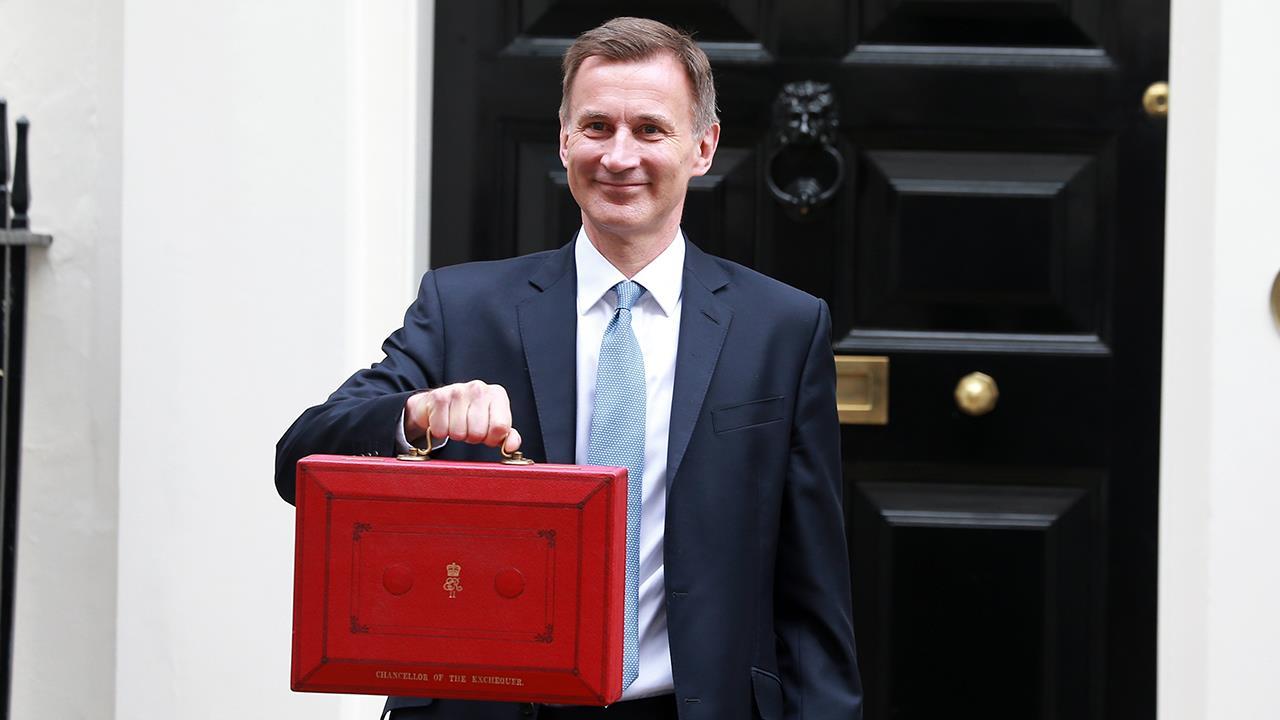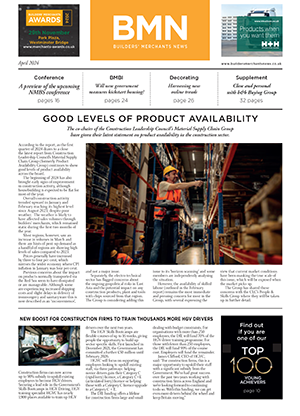BOURNEMOUTH: A Conservative election victory would reshape future UK investment in the built environment, according to the Building a Conservative Britain report.
It examines how the party's policies are likely to shape the construction industry's fortunes over the next parliament. The future under a Conservative government will be one of readjustment and retrenchment.
While many previously buoyant areas of capital investment will certainly be squeezed, the Tories remain set to provide qualified support for construction across a number of key sectors, the Conservatives' preference for spending cuts over tax hikes, their focus on local governance and the likelihood that major schemes such as Building Schools for the Future and Crossrail will be trimmed to help reduce the Budget deficit.
Tight public sector funding and the desire to protect 'frontline' services will severely constrain the resources available for construction projects. Routine repair and maintenance contracts will be affected because such work is typically funded from current budgets and will therefore have to compete directly with frontline resources.
However, the need to tackle the budget deficit will also severely limit available government funds for capital projects.
The Conservatives will also look to increase private funding in education and social housing. The party's intentions to overhaul regional planning and transfer more powers to councils or sub-regions are a concern for the construction industry.
While streamlining planning may be beneficial long-term, the immediate consequences will be a lack of mechanisms to enable major region-wide projects to get going, while local authorities' likely focus on frontline services will see many ditch capital investment if they are able to.
The reforms could increase the scope for councils to block housebuilders' efforts to bring forward sites for housing development. Infrastructure and utilities are likely to remain areas of significant activity.
Though opposed to runways at Heathrow and Stansted, the Tories have voiced support for a high-speed rail network and expansion of regional airports. Labour's emphasis on nuclear and renewable energy will also be maintained.
Indirect support for the industry should emerge from proposed cuts to the main rate of corporation tax to 25p, a 20p rate for small businesses, a six-month deferral of VAT bills, a pledge to reduce corporate regulation by 5% and scrapping of stamp duty for first-time buyers.








